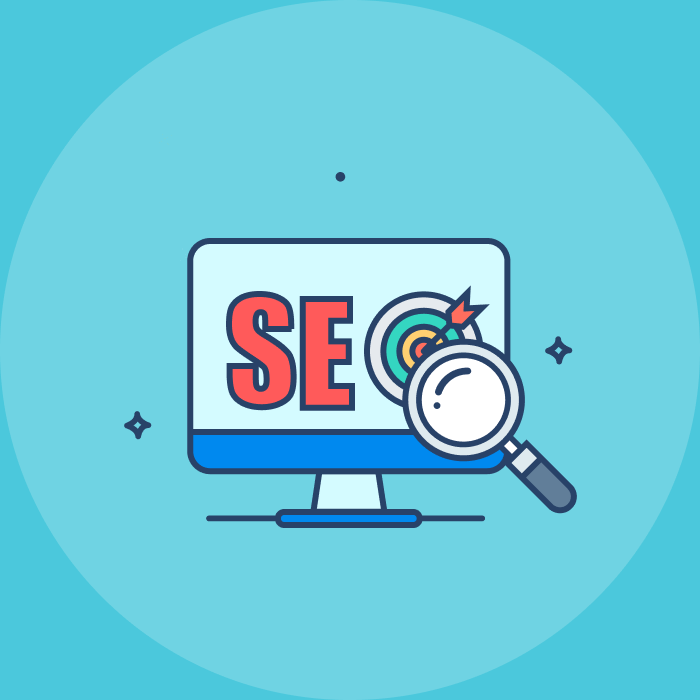To help you turn your fledgling business into a viable company, let's take a look at 10 of the most important things you need to know about small business startup costs.
In the US, just 49% of small businesses make it through their first four years. The more research you put into your business plan, funding requirements and projected running costs, the more likely it will be that your new venture will beat the odds and hit the five-year mark.
Recommended: How to Go from Startup to Powerhouse
To help you turn your fledgling business into a viable company, we’re taking a look at 10 of the most important things you need to know about small business startup costs.
1. A strong business plan can help you to secure funding
All entrepreneurs who are considering launching a new business venture need to put together a comprehensive business plan. Not only will a well researched, and well-written plan, help you to organize your fledgling company and prepare you for the coming year, it can also help to secure funding and investment.
Investors will be much more likely to part with their money if you can show that you have seriously considered every aspect of your business.
Ideally, your business plan should take an in-depth look at your chosen market, your initial funding requirements, and your projected profits. The more research you have to back up these findings, the better.
2. Most of your budget will disappear before you open your doors
In most cases, entrepreneurs spend the majority of their business budget before they open their doors. Before you begin trading you’ll need to splash out on a number of essential items such as a website, a premises, relevant insurance policies and marketing campaigns.
Although you’ll still need some funding in reserve, don’t panic if you find that most of your money has been spent on preparing your new company for the market.
3. It costs money to make money
Something that a lot of entrepreneurs don’t realize is that you have to pay in order to accept credit and debit card payments.
Most POS systems charge clients a monthly fee or a set percentage in order to process the transactions that keep the business afloat.
Before launching your new venture, you’ll need to shop around to find the most appropriate POS system for your needs.
4. Geography matters
If you’re opening a physical premises, its location will have a huge impact on your finances. For example, if you want to open a new business in San Jose, California, you’ll be looking at splashing out $439,000 in rental payments, filing fees, utilities and administrative costs just to get your venture off of the ground. In Chattanooga, Tennessee however, the same business will cost just $225,000 to get going.
Even within the same city, the cost of commercial space can vary dramatically. Before settling on a final location, make sure you weigh up the pros and cons of accessibility, visibility, suitability and affordability to ensure you find the space that’s right for you.
5. Paperwork can be expensive
In order for your fledging idea to become a legal, fully functioning business, you need to fill out some paperwork. The exact licenses and permits you’ll need will depend on the type of business you want to open and on your location.
The cost of relevant paperwork can vary considerably between states. Finding out exactly which paperwork you need and the fees involved is an important part of estimating your startup costs.
6. Good people cost money
In a small business, the staff you hire can make a huge difference to the success of the venture. The dedication, innovation and enthusiasm they bring to your business will help to drive the company forward and could make all the difference to your first few years of trading.
In the US, the average salary for a full time worker is currently $44,564. For a person working in the service industry, drops to $28,028, while professionals can expect to earn an average of $64,220.
Staff wages are an expense that you’ll need to pay no matter how much, or how little, your company makes. Before launching your business, make sure you have enough funding in reserve to pay your staff no matter what.
7. Rent and utilities
Rent and utilities are other expenses that will need to be met every month. Whether your business is a hit right off the mark or takes a while to find its feet, you’ll still need to ensure these essential bills are paid.
As it will generally take a while for business to pick up once you begin trading, don’t rely on money earned to meet these costs. Instead, when putting together your business plan, make sure there’s enough room in the budget to cover these essential expenses for at least the first three months.
8. You can earn a salary without making a profit
A lot of entrepreneurs believe that they themselves won’t earn any money from their business until the venture turns a profit.
However, if you factor your salary into the company finances, you can draw a wage from the business without any profit being shown on the books.
9. Equipment rental can help keep your costs down
If you’re working to a tight startup budget, you can keep your costs down by renting, rather than buying, your equipment. Whatever your industry, you’ll find that most pieces of expensive equipment can be hired from specialist companies.
Although this would be a more expensive long-term option, in the short term, it can take the pressure off of your finances and give your business the space it needs to find its feet.
10. You’ll probably blow your budget
However thorough your research and however detailed your business plan, the chances are you’re going to blow your budget fairly quickly.
On average, companies need 25% more capital than they initially estimate to get off the ground. Overestimating rather than underestimating your company expenses should help to ensure your initial costs aren’t too much higher than expected.
Doing your homework before you jump feet-first into a new business venture will help to give your company an even better chance of success. Start calculating your business costs today to find out if a future as a business owner is right for you.
Subscribe to weekly updates
You’ll also receive some of our best posts today











